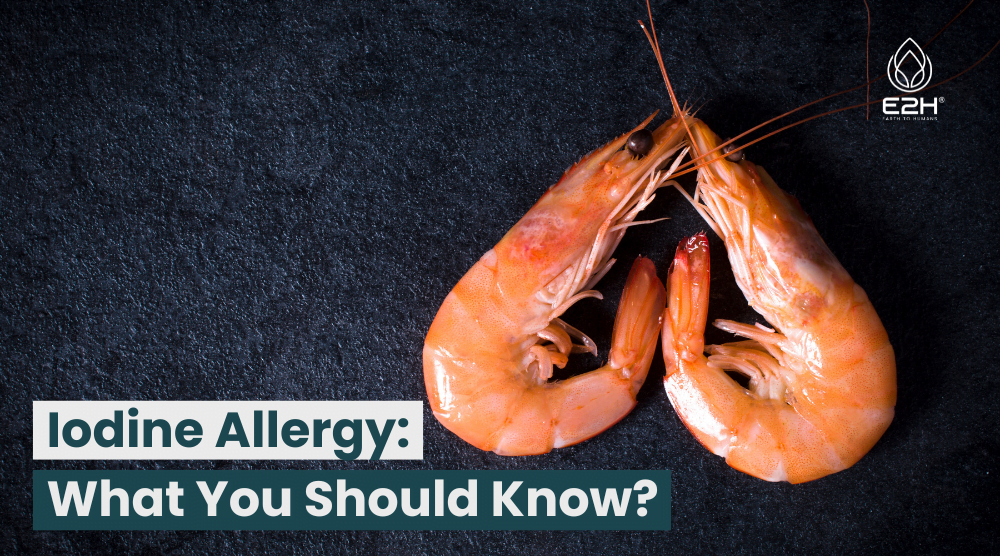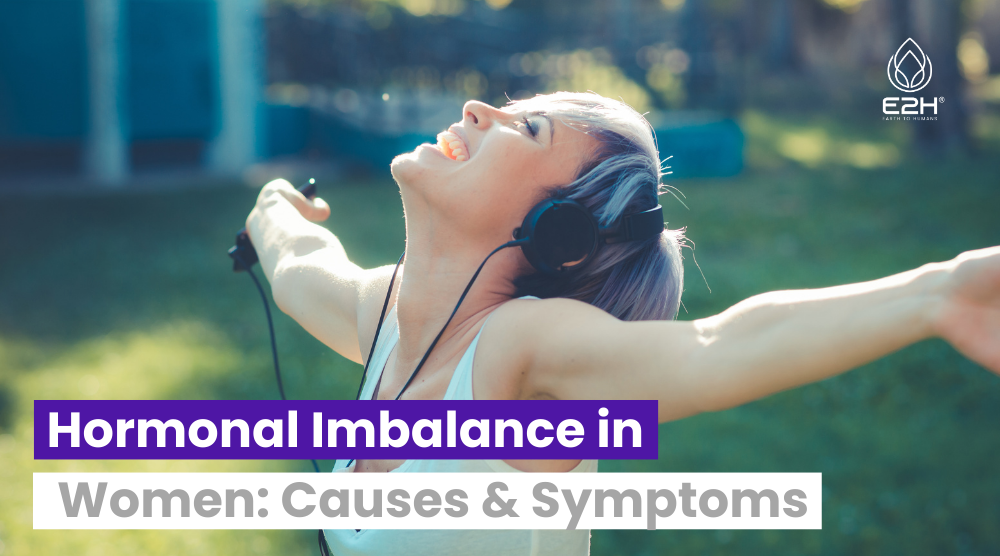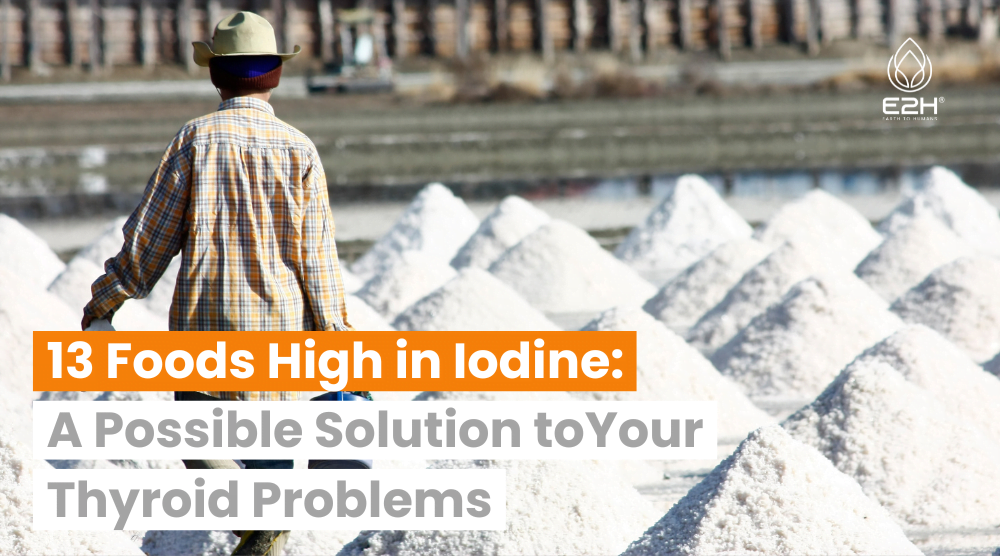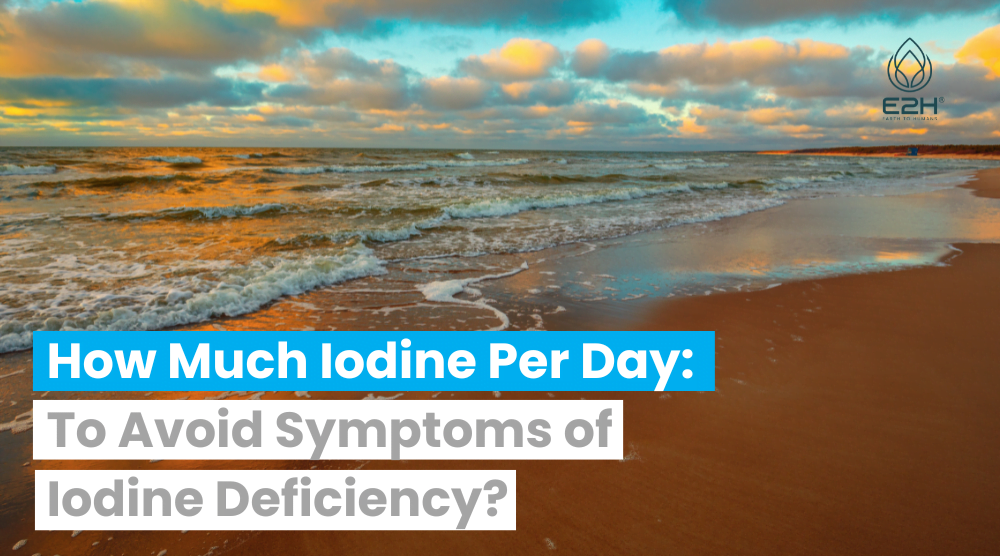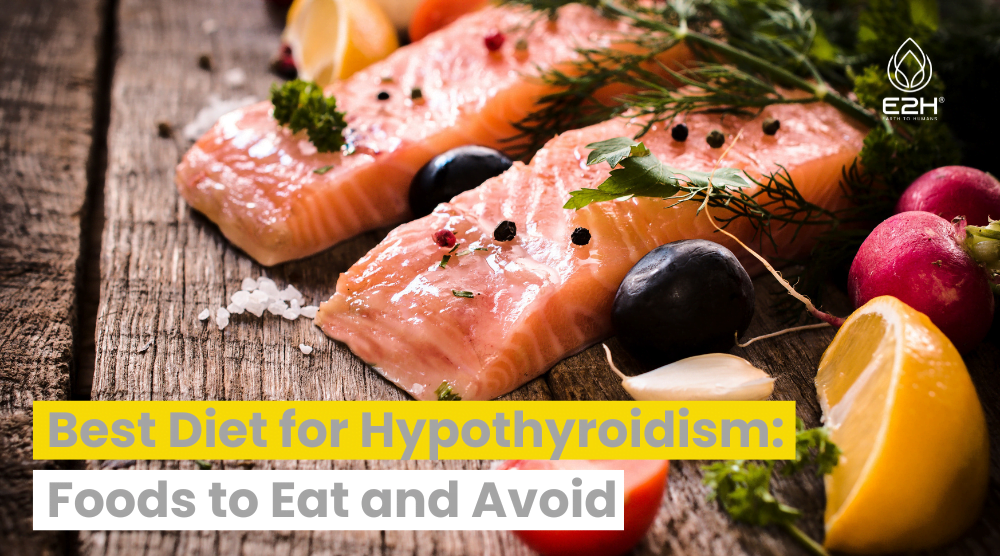Iodine allergy is rare, and most people who believe they are allergic are actually reacting to other substances like shellfish or contrast dyes. True iodine allergies are extremely rare and can cause severe reactions. If you suspect an iodine allergy, consult an allergist for proper diagnosis and guidance.
What are the Symptoms?
Allergy to iodine is a reaction that some people have to this essential mineral. It can manifest in several ways, ranging from mild to severe, depending on the amount of Iodine in the body. The most common symptoms include [1] :
- Skin rashes
- Hives
- Itchy rash
- Nausea
- Diarrhea
- Vomiting
- Wheezing
- Shortness of breath
- Swelling of the face, lips, or tongue
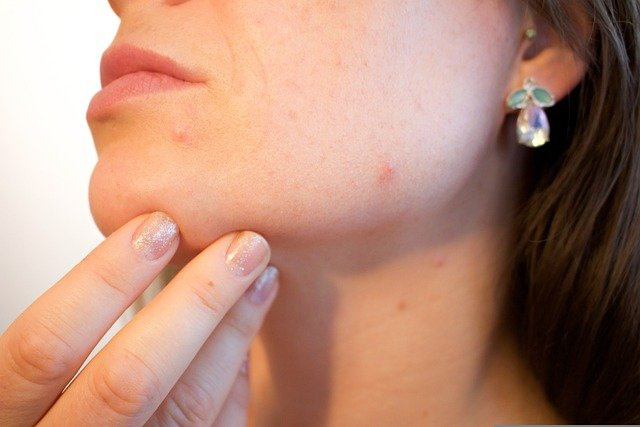
It may have severe side effects, such as:
- Inflammation of the airways
- Bluish-gray colored skin (cyanosis)
- Feeble pulse
- Coma
Iodine-induced hyperthyroidism is a condition caused by excessive iodine consumption. This is a common side effect when taking iodine supplements to enhance thyroid function. These are some of the signs that you may have with hyperthyroidism:
- Increased heart rate
- Muscular fatigue
- Weight loss
- Increased body temperature
A preexisting cardiac issue makes hyperthyroidism even more harmful since it increases heart rate. In rare cases, an allergy can lead to anaphylactic shock, a medical emergency. If you think you may be allergic to Iodine, it’s essential to see a doctor so they can properly diagnose and treat your condition.
What Causes Iodine Allergy?
Iodine poisoning occurs when an individual consumes excessive amounts of Iodine. The likelihood of getting iodine poisoning from eating food alone is low. Keep in mind that 1,100 mcg per day is the upper limit for adults. Therefore, try to take iodine below this level to avoid iodine poisoning.
In most cases, iodine poisoning cannot be brought on by a single overdose. Ingesting excessive amounts of Iodine, however, raises the danger of iodine intolerance. You’ll have an overabundance of thyroid hormone production because your thyroid gland will be confused by the additional Iodine. The result is a temporary drop in thyroid hormone production known as the Wolff-Chaikoff effect, typically lasting for a week. [2]
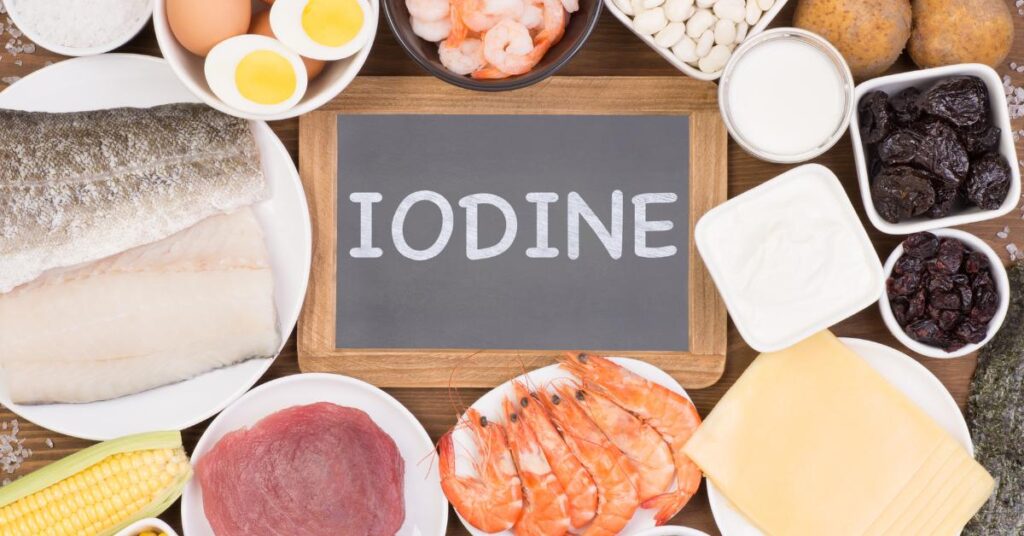
Some drugs may potentially cause a rise in iodine levels. For example, 75 milligrams (mg) of Iodine is present in every 200-mg pill of amiodarone, a drug used to treat abnormal heart rhythm. However, the average daily dose is just 150 mcg, making this quite excessive. Iodine is found in contrast dye used in CT scans and potassium iodide supplements.
There are a few different things that can cause an allergy to iodine.
- The first is if you have a seafood allergy. This is because Iodine is commonly found in seafood.
- The second thing that can cause an allergy to Iodine is if you have had a previous reaction to contrast dye. This is because some contrast dyes contain Iodine. Therefore, if you have reacted to contrast dye, you may be more likely to have an allergy to Iodine.
- Finally, if you have had previous radiation treatment, you may be more likely to develop an allergy to Iodine.
What Foods to Avoid?
If you have an allergy to iodine, avoiding foods containing Iodine is essential. This includes seafood, such as fish, shrimp, and crab. Other foods that may contain iodine include:
- Seaweed
- Kelp
- Soy sauce
- Tofu
- Eggs
- Dairy products
- Some bread and cereals
- Strawberries
- Cranberries
- Potatoes
- Beans
Talk to your healthcare professional or allergist about what other foods to avoid. They can also help you create an emergency action plan if you have adverse reactions.
Link Between Iodine Allergy and Fish Allergy
If you’re allergic to Iodine, you may also be allergic to fish. That’s because fish is a common source of Iodine. Iodine hypersensitivity reaction is relatively rare, but it can cause adverse reactions. Its symptoms include hives, itching, swelling, and difficulty breathing. In addition, it can sometimes lead to anaphylaxis, a life-threatening reaction.
If you’re allergic to fish, you should avoid seafood altogether. However, some types of fish are lower in Iodine, such as salmon and tuna. You can also check with your allergist to see if it’s safe for you to eat fish that has been cooked in a method that doesn’t use Iodine, such as steaming or grilling.
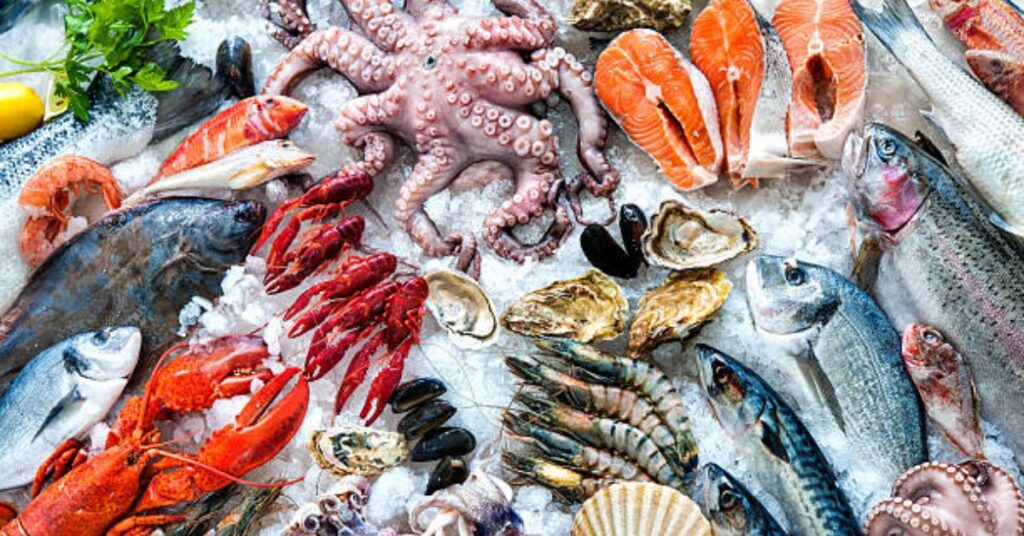
However, some people have shellfish allergies but not Iodine. Specific proteins in shellfish may trigger an immune response in those with a sensitivity. Crabs, shrimp, lobster, oysters, scallops, squid, octopus, and any other marine organism with a shell are all considered shellfish.
Remember, Iodine is not associated with shellfish allergies. Even if you have a shellfish allergy, you won’t show adverse reactions to the iodine used in medical treatment more than anybody else. Fish proteins rather than Iodine often cause shellfish allergy. [3]
Common Misconceptions about Iodine Allergic reactions
There are a lot of misconceptions about iodine allergy out there. So let’s set the record straight.
Myth #1: It is the same as shellfish allergy
Wrong! Allergic reactions to iodine are not the same as an allergy to seafood. [4] Allergy to seafood is much more common, affecting approximately 1-2% of the population. Iodine Allergy is much less common and only affects about 0.01% of people.
Myth #2: It is dangerous
Nope! Iodine allergic reaction is not dangerous. It’s usually not even a medical emergency and may not require immediate medical treatment. Most people with iodine allergy will experience mild symptoms like rash or hives. In rare cases, people may have a more severe reaction called anaphylaxis, but this can be treated with medication.
Myth #3: If you’re allergic to Iodine, you can never eat seafood again
This one isn’t technically true, either. If you’re allergic to Iodine, you can still eat seafood – you need to be careful about how it’s prepared. [5] For example, seafood that has been boiled or baked is usually safe for people with iodine allergies. But if the seafood is fried or grilled, it may contain iodine-containing batter or seasoning, which could trigger an allergic reaction.
Diagnosis and Treatment
If you think you may be allergic to Iodine, see your doctor. They will likely do a skin test or patch test.
Iodine hypersensitivity reaction and MRI
An iodine allergic reaction can make it challenging to have an MRI. An MRI uses contrast dye, which contains Iodine. This contrast dye may cause allergic reactions. Your doctor may give you a steroid before your MRI to help prevent this. If your health professionals recommend a CT scan instead of an MRI. A CT scan does not use contrast dye and is safe for people with iodine allergies. [6] Your treatment plan would include the following:
- Avoiding iodine-containing products
- Taking antihistamines
- Taking corticosteroids
Note: In severe cases, you may need emergency treatment with epinephrine (EpiPen).
Can You be Allergic to Iodine Only?
Yes! Iodine is a common element found in many foods, as well as in some medications and supplements. While most people don’t have any problems with Iodine, some may be allergic to it. Iodine allergies are not uncommon, but they can be challenging to diagnose because the symptoms can be similar to other allergies or conditions.
Iodine does not Trigger Immune System.
When you hear the word “allergic reaction,” you might think of it as your body’s overreaction to a foreign substance, like pollen or pet dander. [7] The immune system negatively reacts when exposed to allergens, which may cause symptoms as diverse as minor itchy rashes and potentially fatal reactions. A negative reaction cannot be compared to an immune reaction.
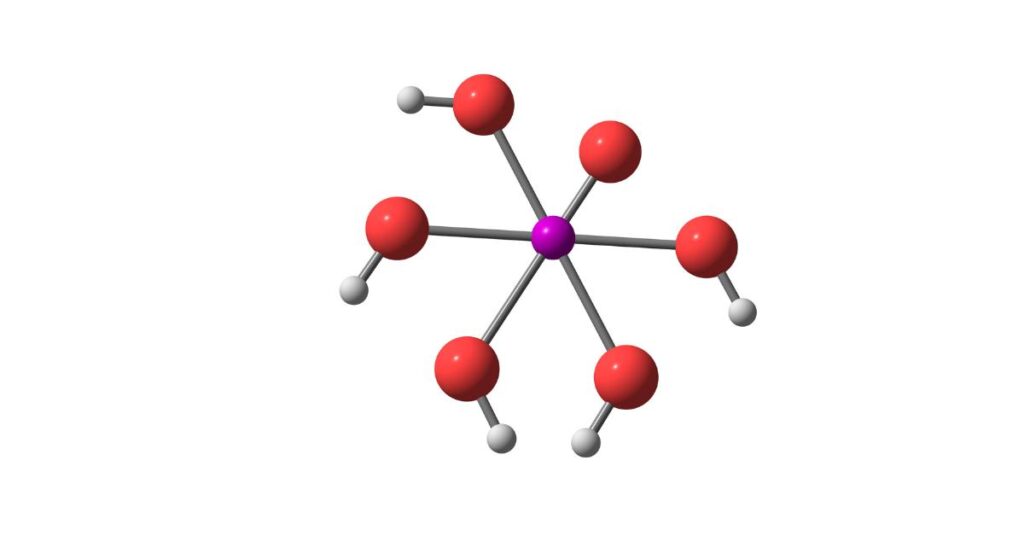
When you take a supplement or prescription that doesn’t directly affect your immune system, you may have a range of symptoms known as a negative reaction. Most persons who have issues with Iodine do so because of the “negative reaction” rather than the immune one. [8] Unfortunately, many of these people are given false information and informed they are allergic to Iodine.
Iodine is essential to the body
Iodine is an essential micronutrient that the body needs to function correctly. It is found in many foods, including seafood, dairy products, and eggs. Iodine plays a role in maintaining thyroid function and is necessary for producing thyroid hormones.
Thyroid hormones are necessary for healthy bone formation and brain development throughout pregnancy and infancy, reduce the risk of congenital disabilities and prevent goiter. The recommended daily iodine intake (RDI) is 150 micrograms per day. [9] Therefore, you need to maintain your iodine intake close to this level.
Different foods you eat daily contain Iodine
Iodine is an essential mineral that the body needs to function correctly. [10] It’s found in some foods that you eat daily, such as:
- Seafood
- Dairy products
- Eggs
- Grain products
- Bananas
- Iodized salt
- Oysters
- Organs meat
- Tuna
- Shrimp
- Salmon
- Cod
- Strawberries
FAQs
How common is iodine allergy?
True iodine allergies are extremely rare. Most people who believe they are allergic to iodine are actually reacting to other substances like shellfish or contrast dyes.
What are the symptoms of an iodine allergy?
Symptoms of an iodine allergy can vary but may include rash, hives, itching, swelling, difficulty breathing, or in severe cases, anaphylaxis. It is important to seek medical attention if you experience these symptoms after exposure to iodine.
How can I determine if I have an iodine allergy?
If you suspect an iodine allergy, it is crucial to consult with an allergist. They can perform allergy testing and provide a proper diagnosis. Self-diagnosis or assumptions based on reactions to other substances are not reliable indicators of an iodine allergy.
Conclusion
Iodine allergies are uncommon, and many individuals who believe they have an iodine allergy may be reacting to other substances. True iodine allergies are extremely rare but can lead to severe reactions. It is important to consult an allergist for proper diagnosis and guidance if you suspect an iodine allergy, as they can provide accurate assessments and recommend appropriate management strategies.
References
1. Nadolpho. Drug allergies: Reactions, symptoms & treatment [Internet]. ACAAI Public Website. 2022 [cited 2022Oct2]. Available from: https://acaai.org/allergies/allergic-conditions/drug-allergies/
2. Iodine [Internet]. The Nutrition Source. 2021 [cited 2022Oct2]. Available from: https://www.hsph.harvard.edu/nutritionsource/iodine/#:~:text=UL%3A%20A%20Tolerable%20Upper%20Intake,women%20is%201%2C100%20mcg%20daily.
3. Iodine “allergy” and fish allergy [Internet]. American Academy of Allergy Asthma & Immunology. 2020 [cited 2022Oct2]. Available from: https://www.aaaai.org/allergist-resources/ask-the-expert/answers/old-ask-the-experts/iodine-allergy-fish
4. Böhm I, Nairz K, Morelli JN, Keller PSH, Heverhagen JT. Iodinated contrast media and the alleged “iodine allergy”: An inexact diagnosis leading to inferior radiologic management and adverse reaction [Internet]. RöFo – Fortschritte auf dem Gebiet der Röntgenstrahlen und der bildgebenden Verfahren. © Georg Thieme Verlag KG; 2017 [cited 2022Oct2]. Available from: https://www.thieme-connect.de/products/ejournals/abstract/10.1055/s-0042-122148
5. The Relationship of Radiocontrast, Iodine, and Seafood Allergies: A Medical Myth Exposed [Internet]. Define_me. 2010 [cited 2022Oct2]. Available from: https://www.jem-journal.com/article/S0736-4679(09)00889-0/fulltext
6. Böhm I;Nairz K;Morelli JN;Keller PS;Heverhagen JT; Iodinated contrast media and the alleged “iodine allergy”: An inexact diagnosis leading to inferior radiologic management and adverse drug reactions [Internet]. RoFo : Fortschritte auf dem Gebiete der Rontgenstrahlen und der Nuklearmedizin. U.S. National Library of Medicine; 2017 [cited 2022Oct2]. Available from: https://pubmed.ncbi.nlm.nih.gov/28249309/
7. Administrator. What is allergy? [Internet]. ASCIA. 2020 [cited 2022Oct2]. Available from: https://www.allergy.org.au/patients/about-allergy/what-is-allergy
8. C; DPM-F. [allergy to iodinated drugs and to foods rich in Iodine: Iodine is not the allergenic determinant] [Internet]. Presse medicale (Paris, France : 1983). U.S. National Library of Medicine; 2015 [cited 2022Oct2]. Available from: https://pubmed.ncbi.nlm.nih.gov/26387623/
9. Food and Nutrition Information Center (FNIC) [Internet]. Food and Nutrition Information Center (FNIC) | National Agricultural Library. [cited 2022Oct2]. Available from: https://www.nal.usda.gov/programs/fnic
10. Böhm I, Keller PSH, Heverhagen JT. “iodine allergy” – The neverending story [Internet]. RöFo – Fortschritte auf dem Gebiet der Röntgenstrahlen und der bildgebenden Verfahren. © Georg Thieme Verlag KG; 2016 [cited 2022Oct2]. Available from: https://www.thieme-connect.de/products/ejournals/abstract/10.1055/s-0042-110102
